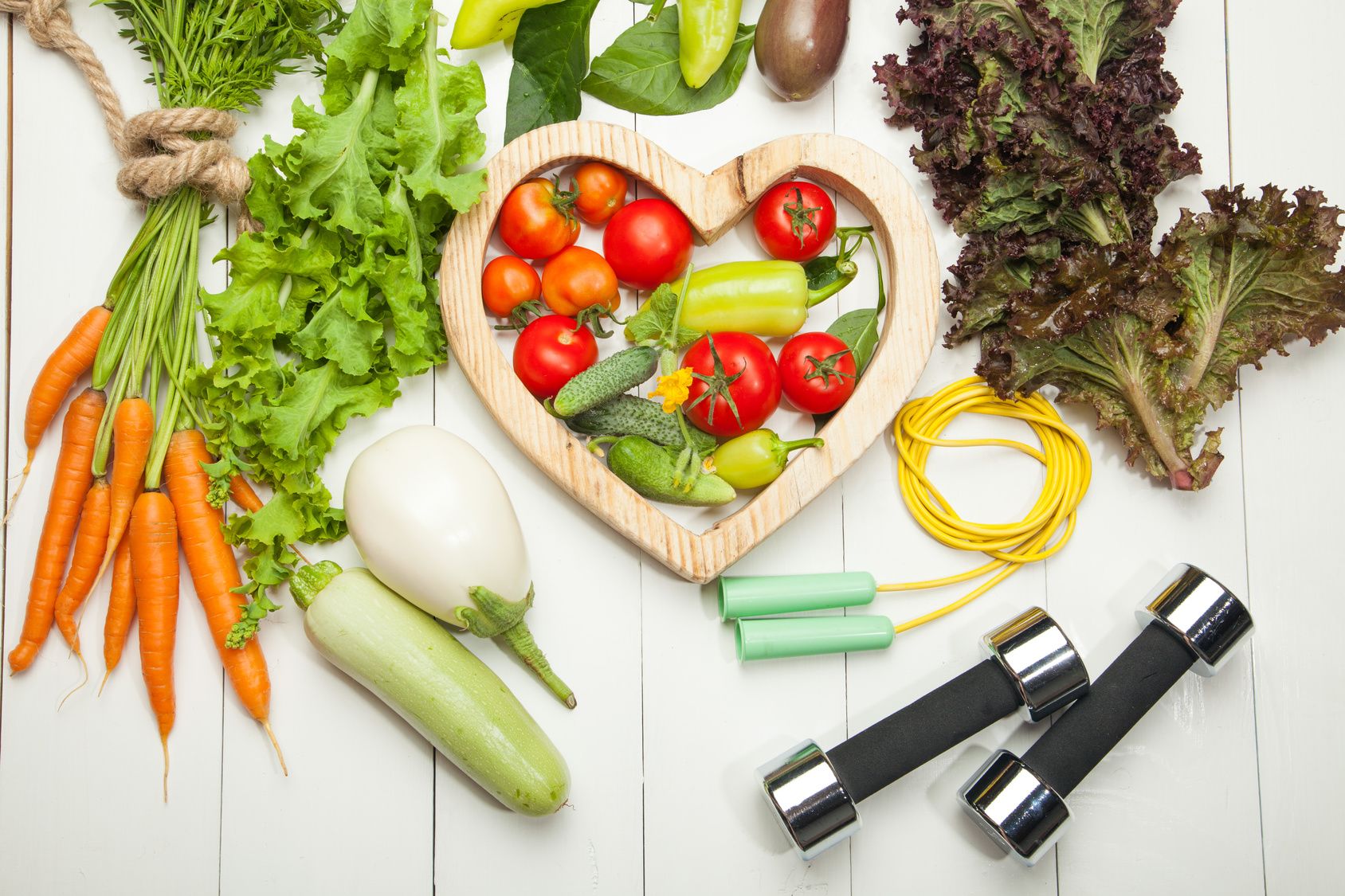Diet tips for each decade

Just as you might refresh your wardrobe as you enter into a new decade of life, so too should you make adjustments to your diet. We’re not talking drastic or unrealistic overhauls, rather mindfully filling your plate with foods that will support your body and brain at the stage it’s in. Women’s Health Specialist, Nutritionist and Naturopath, Angela Hywood talks here about the best foods for your age.
In your 30’s
This decade tends to involve a lot of big life changes. It’s often the time we choose to take on more responsibilities (career demands, kids, property, workload). It’s so imperative your diet supports these changes, feeding you with energy while helping to keep stress at bay. Foods with particular benefits include turkey and organic Greek yoghurt – which contains a huge dose of natural tryptophan which is a feel-good neurotransmitter; leafy greens like spinach and kale – for folate, B-vitamins and magnesium, which can help to boost energy and calm the nerves; and fermented foods such as yoghurt, sauerkraut, kefir and miso to keep your gut bacteria happy. A healthy gut is a calm brain!
This decade is when many couples are planning to have children. If starting a family is the goal, we know that what both men and women consume can impact pregnancy. A study last year showed that when men or women consumed two caffeinated drinks (such as coffee, tea, cola or energy drinks) in the six weeks before pregnancy, the rate of miscarriage was significantly increased. You’ll be better served to opt for a turmeric latte!
In your 40’s
Sunscreen is the number one way to prevent fine lines and wrinkles, but a growing number of studies show that eating certain foods can also have a significant positive impact on your skin and collagen.
A study in the American Journal of Clinical Nutrition found that women with a wrinkled appearance had significantly lower intakes of protein than their unwrinkled counterparts. Why? Because when we consume protein, our bodies use the amino acids it contains to make collagen, which is responsible for plump, glowing skin. Include protein with every meal -try to rotate between meat, chicken, fish, eggs, nuts, seeds, hummus, legumes and miso. Bone broths are an easy way to get a dose of collagen-building amino acids.
In your 50’s
For women, this decade is usually one of transition as the first signs of menopause that can occur in your 40s (or even 30s), are usually in full swing. Every woman’s menopause experience is very different, yet we all know of the usual bag of symptoms, which can include fatigue, night sweats, hot flashes, insomnia, anxiety, lowered libido, dryness, hair loss, dizziness, brain fog and loss of muscle strength. Increasing phyto-oestrogen foods can help keep hormones in check and these include linseeds, sunflower seeds, chick peas, alfalfa sprouts, hazelnuts, tempeh and miso. Look after your bones by increasing calcium foods such as almonds, chia seeds, unhulled tahini, tinned salmon with the bones, sardines, dried figs and dairy products. Make sure you get your vitamin D levels tested and spend some time in the sun when possible. Enough water is also a must – aim to drink 30ml per kg of body weight every day and add two cups of cold sage tea to help minimise hot flushes.
And what about the memory decline? According to a Harvard study, there are considered to be four steps in maintaining and improving mental skills, even as you age. These include following a healthy diet, getting regular exercise, socialising and challenging your brain with puzzles, reading games or quizzes. When it comes to your supplements, try CoQ10, fish oil, turmeric, saffron and vitamin B supplement to boost memory and support brain health, too.
For more information on how to best look after yourself, contact Angela Hywood for a consultation:
Floralia Wellness
Suite 4, Chelsea Village
145 Stirling Highway, Nedlands WA 6009
Tel 08 6468 8149 | Clinic Mobile 0409 822 274
www.tonicaustralia.com.au
www.angelahywood.com
Article written by Angela Hywood

Leave a comment